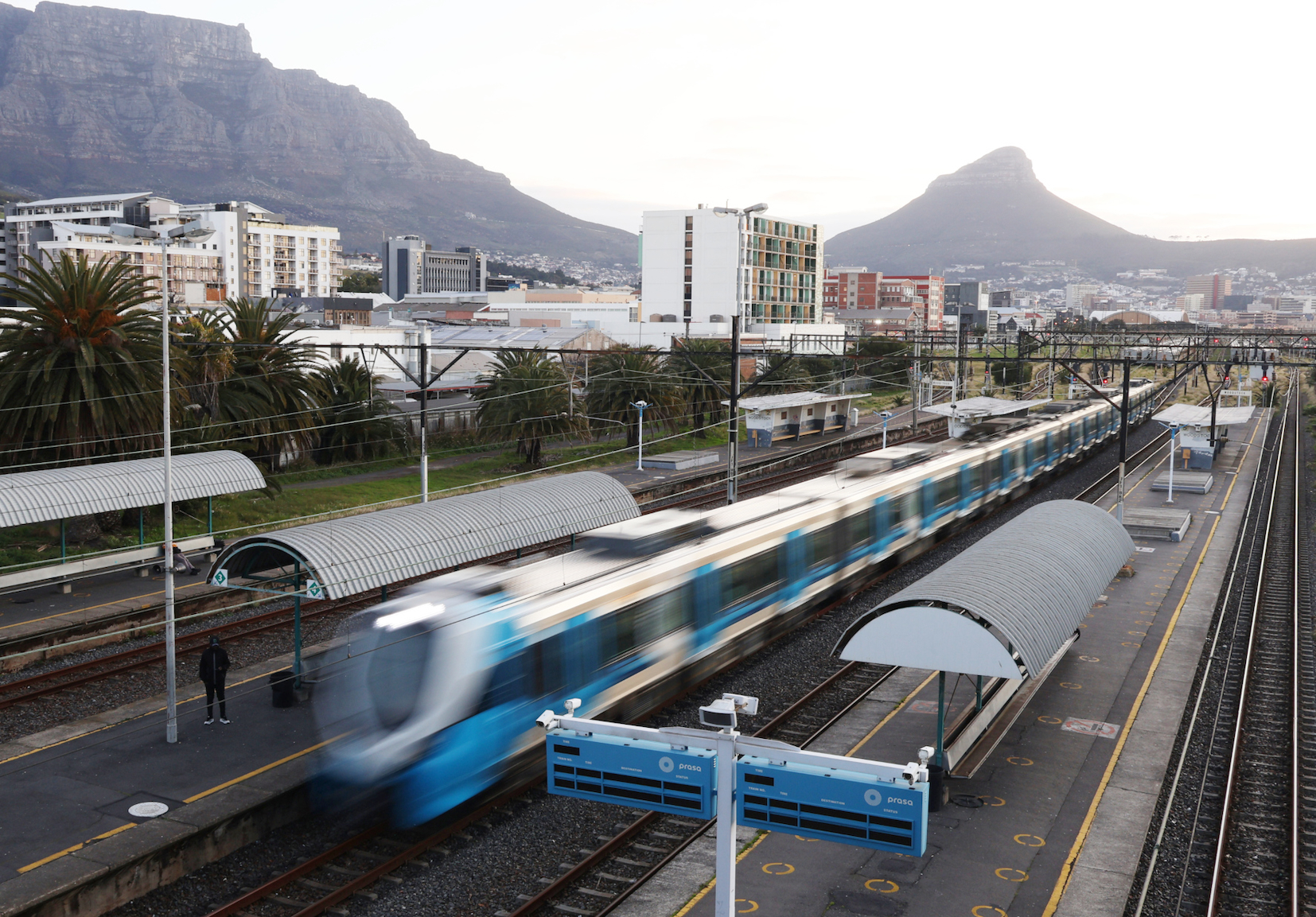The City of Cape Town and the Passenger Rail Agency of South Africa (Prasa) have signed a Service Level Plan following court action, threats of an intergovernmental dispute, and more than a year of negotiations.
The Service Level Plan, which was signed by Prasa on 5 December 2024, could lay the foundation for the City taking over the management of passenger rail in Cape Town from Prasa.
While the plan was being negotiated, the City conducted its own feasibility study for managing the passenger rail network, which was passed by the council on the same day the plan was signed.
In his council speech, Cape Town Mayor Geordin Hill-Lewis said he was “glad to announce” that Prasa had signed the Service Level Plan “to improve Metrorail in the short term”.
Hill-Lewis said the plan would be monitored by a joint committee with Prasa.
“This is a big step towards improving the quality and reliability of the service through a legally binding agreement, and I am very pleased that we managed to get this finalised this year,” he said.
Mismanagement, theft and vandalism
Following a decline in the passenger rail service in Cape Town from 2013, with mismanagement, theft, and vandalism bringing it to its knees in 2020, the Service Level Plan makes Prasa responsible for regular reports to the City, with the City exercising oversight over commitments to revitalise stations, introduce more train sets, recommission services, and improve the number of daily passengers and the number of train trips.
As part of the Service Level Plan, the City also commits to providing the municipal services needed to support and enhance passenger rail; encouraging transit-oriented development along rail corridors; and expediting permits through the City’s services and development planning departments.
“Taking charge of Metrorail is especially important for lower-income households, which would save an estimated R932-million a year if trains were working as they should,” said Hill-Lewis.
But rail activist organisation #UnitedBehind said that while the plan “marks progress”, it falls short of what is needed for Prasa to fully meet its Constitutional and statutory obligations to commuters.
“Despite Prasa having had over a year to finalise it, the plan lacks enforceable commitments, timelines, or measures that would enable it to function as a roadmap for improving commuter rail services,” said #UniteBehind Executive Director Zukie Vuka.
She said the document did not introduce any new obligations or standards beyond what was already in Prasa’s corporate and performance plans, making it “a repackaging of existing strategies rather than a meaningful new framework for improving rail services”.
The plan, according to Vuka, does not identify specific individuals or executives responsible for implementing its provisions, “leaving no clear structure for accountability or consequences for failure”.
“There are no initiatives to develop the skills or resources necessary to enhance the City’s or Prasa’s capacity to deliver on their public transport responsibilities.”
Vuka said that the Service Level Plan, as it currently stood, was “substandard” and should not be used as a model for other metropolitan municipalities.
Prasa spokesperson Andiswa Makanda had not responded by the time of publication. DM
First published by GroundUp.




